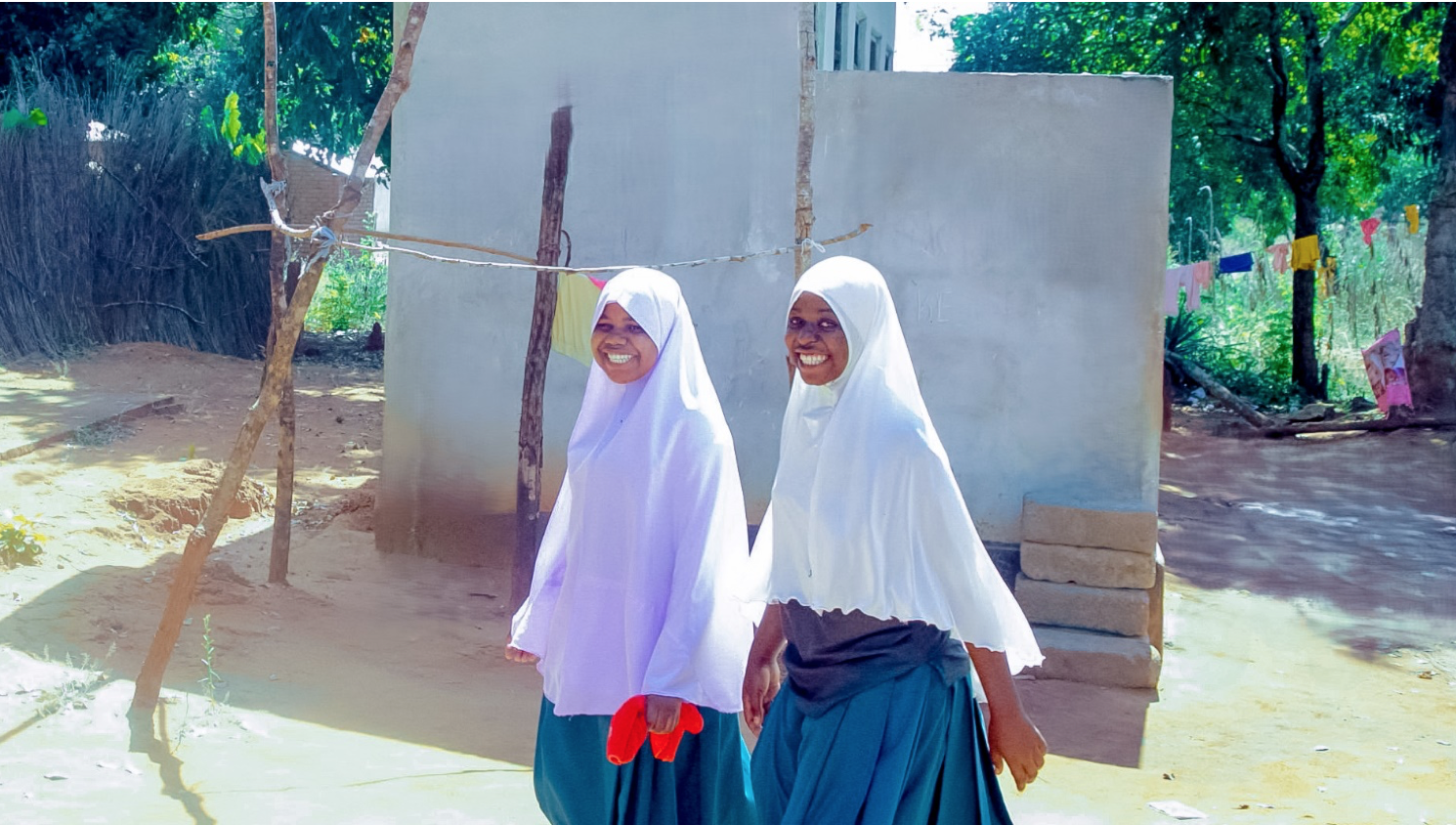Institutional Water Supply - Extra Impact of WASH+
Before DMDO Intervention, Water Was A Daily Worry
At Mindu Secondary School in Tunduru District Council, life before the arrival of clean and safe water was very challenging. With 176 students, the school battled serious infrastructure and health issues linked to water scarcity. Students had no option but to walk two kilometers or more to collect untreated river water, putting their health and learning at risk.
Classes were often disrupted, with students arriving late or missing school entirely.
Poor water quality led to frequent illnesses, draining focus and energy.
Sanitation was minimal, classrooms and toilets lacked cleanliness, creating unhygienic learning conditions.
Girls bore an extra burden: during menstruation, the absence of clean water meant many stayed home, missing crucial school days.
“Before DMDO brought clean water, our students were physically exhausted and mentally distracted. Now, they are healthier, more focused and prouder of their school environment.” Headmistress Ziada Kalinga
Ms. Ziada Kalinga, School Headmistress
DMDO Steps In
In 2021, DMDO introduced a clean and safe water system directly to the school, reshaping its day-to-day realities. The school was operated on a postpaid water system and in 2022 DMDO improved the system, now the school uses prepaid cards to purchase water. The school has a dedicated institutional card used to buy water for cooking, drinking, cleaning toilets and classrooms, office use and irrigating the school gardens. In addition, students have their own individual prepaid cards which purchased and topped up by their parents. These personal cards allow students to access water for private needs such as bathing and washing clothes.
Students can fetch water from the school tap using prepaid cards.
On average, the school consumes approximately 1,844.37 litres of water per day, totalling nearly 55,000 litres each month.
Students no longer had to trek for water, saving time and conserving energy.
Health improved with less exposure to waterborne diseases.
Classrooms and toilets became consistently clean, creating a more dignified and productive learning environment.
A special room was established for menstruating girls, equipped with clean and safe water and privacy, allowing them to attend school comfortably: “Our girls now feel safe and supported during menstruation. The private room with clean and safe water has reduced absenteeism and strengthened their confidence,” reports Headmistress Ziada Kalinga
After a difficult time, the School is now thriving
The impact was immediate and visible:
Attendance improved dramatically across all student groups;
Girls who previously faced barriers, are now attending lessons more regularly and confidently;
Academic performance soared, with students better able to concentrate and engage; and
The school now uses the water to nurture gardens, creating a greener and more beautiful learning space: “With clean and safe water, now I focus in class and even help care for our school gardens. It feels like home.” Joyce Mapunda, a form two student
Students water flowers outside the school.
According to Headmistress Ziada Kalinga, the transformation has turned the school into a model of resilience and growth.
Thanks to DMDO, Mindu Secondary is no longer defined by struggle but by opportunity, dignity, and hope.






